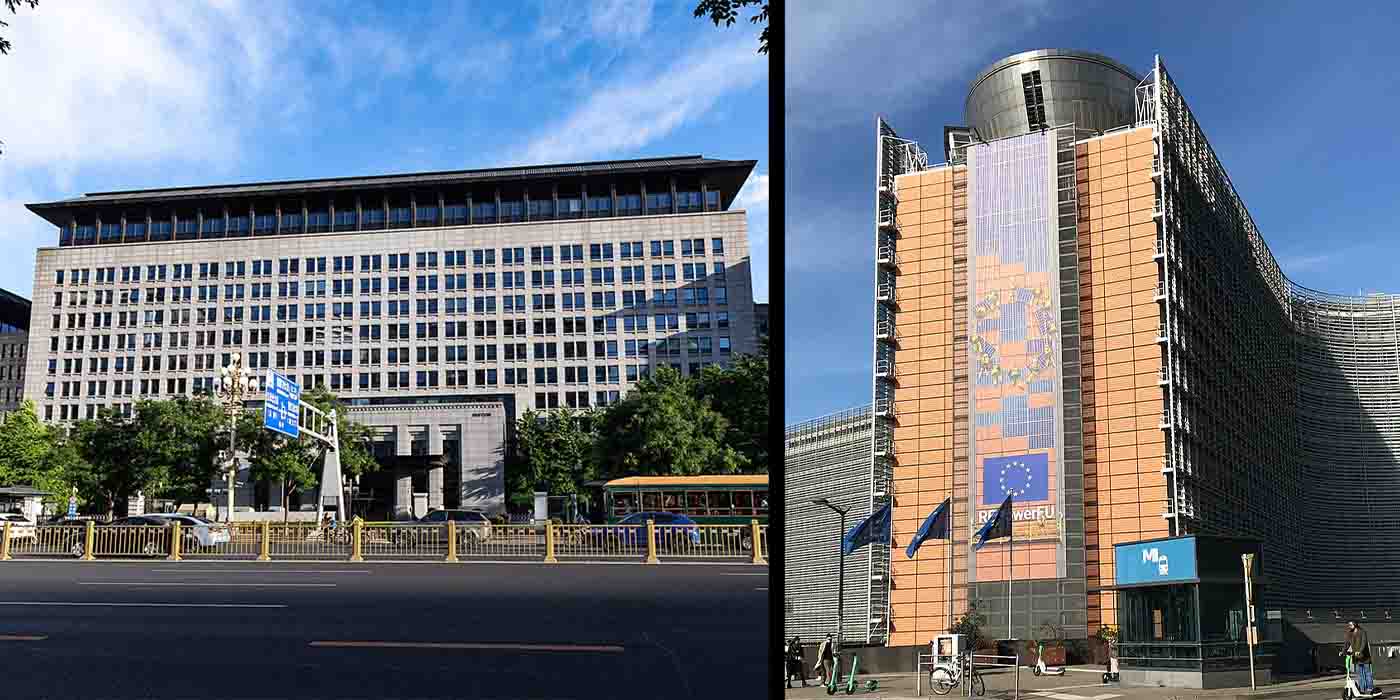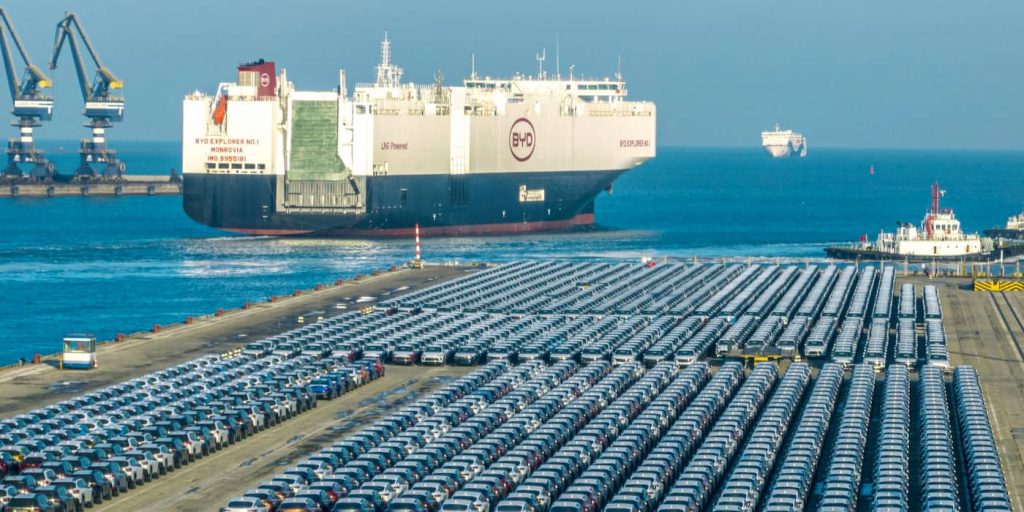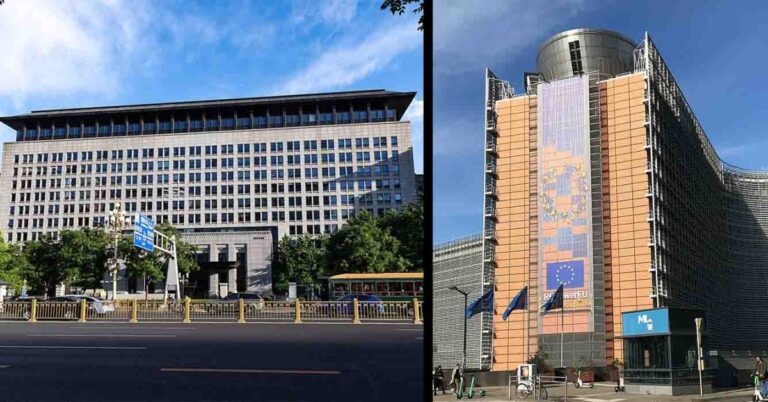
As China and the EU sit down to the negotiating table to try to figure out the outcome of a looming trade war over car imports and an investigation into anti-subsidies for Chinese-made electric vehicles, it offers yet another insight into the conversations taking place behind closed doors.
June was a notable month for global EV market news, as almost every day brought a new chapter in the ongoing saga of the looming trade war between China and the European Union (EU).
The dispute between the two global markets began last fall when the European Commission announced an anti-subsidy investigation to examine whether Chinese-made EVs imported into Europe were being given an unfair advantage through government-backed funds.
As part of its investigation, the EU Commission requested information from several Chinese automakers selling EVs in Europe, including NIO, BYD, XPeng and state-owned SAIC. Even before the results of the investigation were released, the EU began threatening tariffs after the US announced it would quadruple tariffs on Chinese imports from 25% to 100%.
In retaliation, China threatened to impose tariffs of up to 25% on European imports, particularly targeting gasoline-powered vehicles from German automakers and other industries. Before announcing its findings, the European Commission claimed that three Chinese EV automakers, including SAIC, had not yet provided sufficient information to its anti-subsidy investigation, resulting in the imposition of the highest tariffs (38.1%) on their imports.
Meanwhile, around the world, China’s Commerce Ministry has taken a different view, calling the details requested by the EU in its anti-subsidy investigation into Chinese-made EVs “unprecedented” and likening the investigation to espionage.

China considers anti-EV subsidy questions an act of espionage
China’s Ministry of Commerce has spoken out about the EU’s anti-subsidy investigation into EV imports, saying the detailed information being demanded from Chinese automakers is “unprecedented,” according to Reuters.
Speaking at a press conference in China early this morning, He Yadong, a spokesman for China’s Ministry of Commerce, said the EU Commission had “mandatory demands” that Chinese automakers share favourable information on battery raw material sourcing, parts manufacturing, sales channel development and respective pricing.
Asked whether the European Commission was using its anti-subsidy investigation to spy on Chinese electric vehicle makers, Yadong said:
The type, scope and volume of information collected by the European side is unprecedented and far exceeds what is needed for a countervailing duty investigation.
State media CCTV followed up its article published on Wednesday with a similar “espionage” theory being floated to Brussels. At a press conference today, Yadong also said the EU’s claims that Chinese automakers such as SAIC had not fully cooperated were “baseless”.
With Beijing working with European automakers to ease or halt EV tariffs and Chinese state media accusing the EU Commission of espionage, it seems we may be moving beyond brinksmanship and into a trade war.
The Chinese government has threatened to impose tariffs on cars imported from the EU to China, and has also launched an investigation into dumping of EU pork imports, raising tensions. Meanwhile, Chinese EV manufacturers who responded to the investigation into EV subsidies have expressed their opposition to the tariffs, but they remain steadfast in their desire to enter the EU market no matter what.
Companies like NIO are confident that their expansion in Europe will see strong sales, regardless of whether they have to pay tariffs on every EV imported.
The EU tariffs are expected to come into effect on July 4, 2024. This story is still evolving.
FTC: We use automated affiliate links that generate revenue. more.

